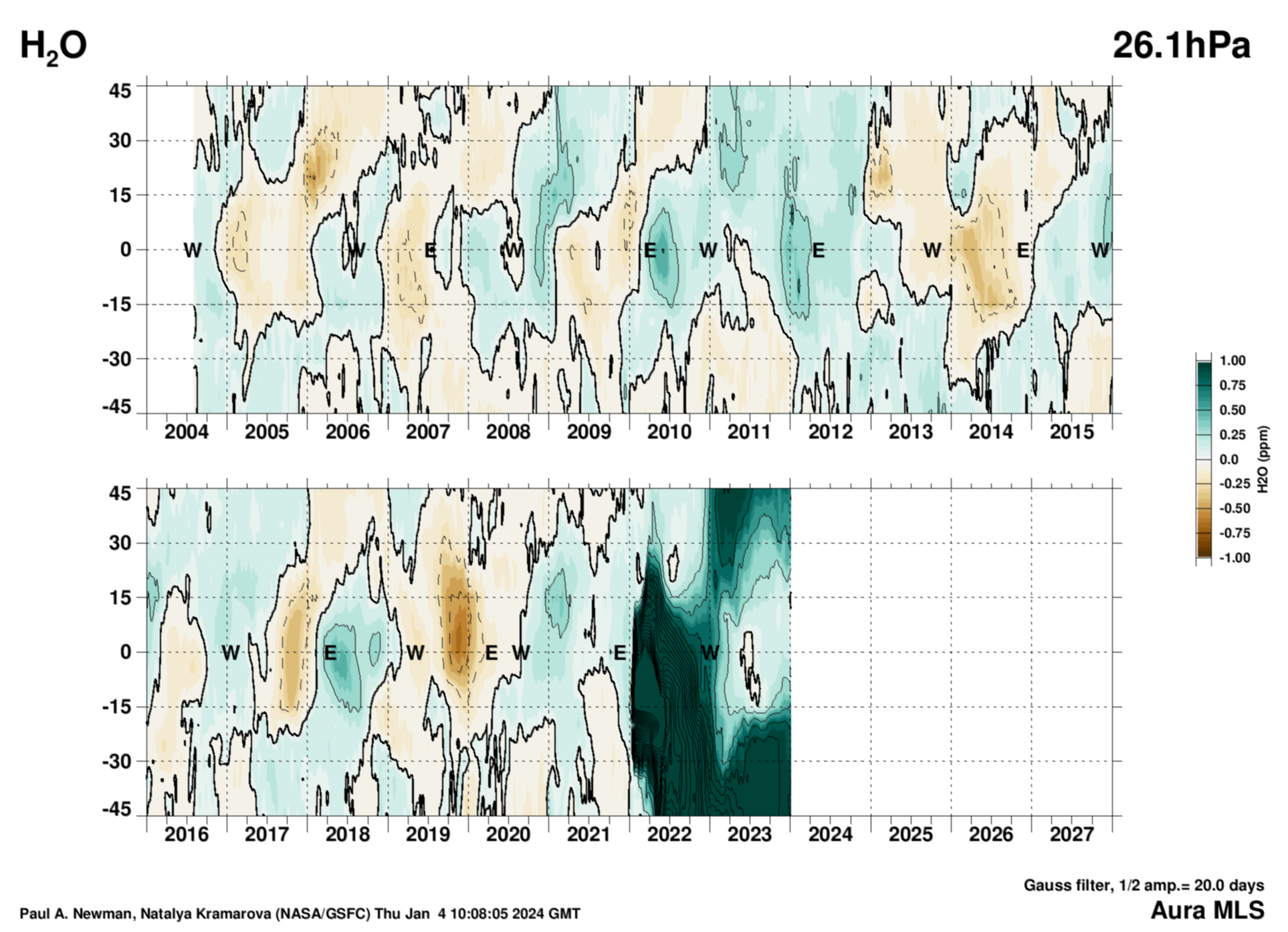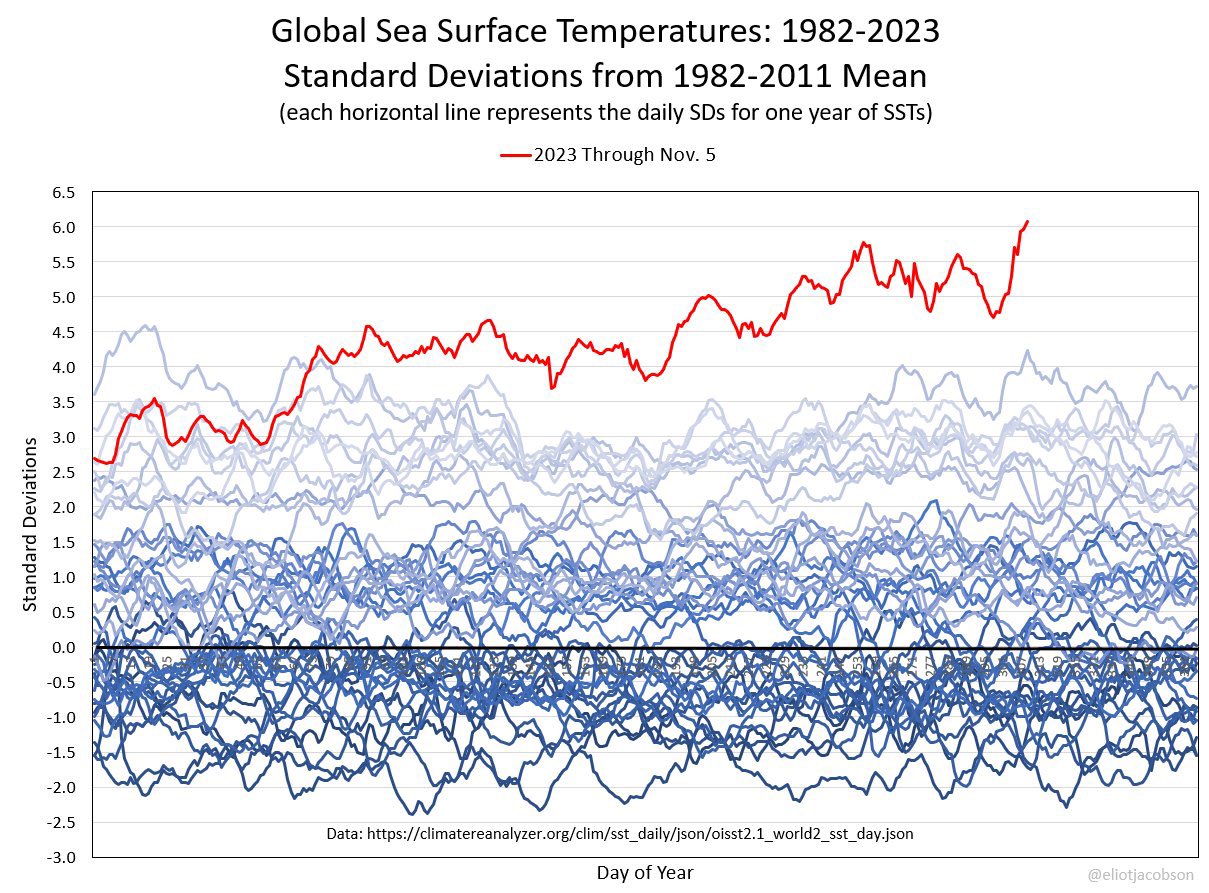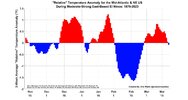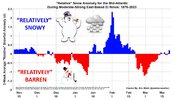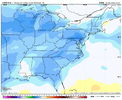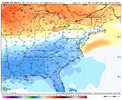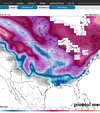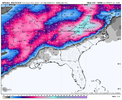The evolution of this winter thus far is not fundamentally different at all from what's expected in El Niños, despite the warming background climate.
In fact, it's insane how closely this year has been following the composite evolution thus far (which I posted in here and on social media in early-mid Nov):
Relative cold snap in late Nov - early Dec

Relative warm-up in mid-late December, warmest part of the winter (vs normal) likely near Christmas

Relative cool-down (again) in early January

Not much in the way of snow through early-mid January

Not sure how much more El Niño you can get than what we've seen this year.
Keep in mind: the initial question here is actually talking about whether the evolution of the winter has fundamentally changed in recent decades s.t. late Jan - Feb is becoming less favored during El Niño years.
The answer to that is absolutely no. In fact, it's actually going the other way in recent times, with even more emphasis being placed on late winter, esp in El Niños.
Sure, we've had a lot of warm Februarys lately, but most of this came during non-Nino winters and we've had even more warm Decembers during the same period.
In fact, the last below normal December in the SE US as a whole was back in 2010. Every one since then has been above or well above average temperature wise.
I would actually argue there's a more concerning long-term trend here for La Niña winters (which tend to "front load" much of their cold/snow)
View attachment 139221
View attachment 139224
View attachment 139222
View attachment 139223

